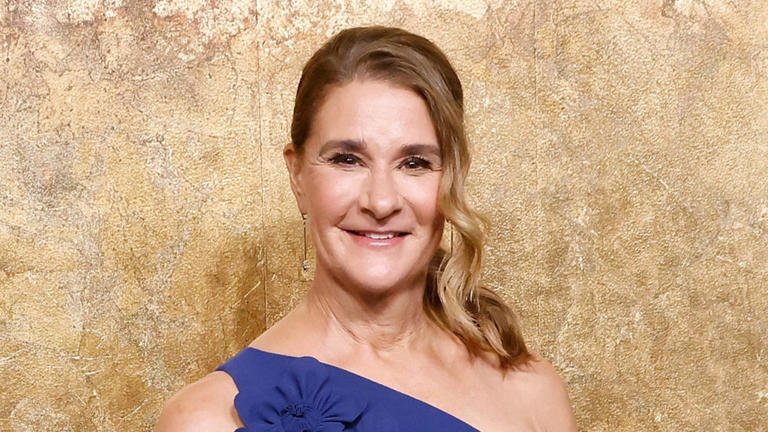Melinda French Gates, a prominent figure in global philanthropy and co-founder of the Bill & Melinda Gates Foundation, has recently shared her critical perspective on a new generation of billionaires and their approach to social impact. In a candid interview with The New York Times, French Gates, who has significantly influenced philanthropic practices through her extensive charitable work, drew a sharp distinction between traditional forms of philanthropy and the more modern approaches adopted by some of today’s wealthy individuals.
French Gates’s remarks come after her recent departure from the Gates Foundation, an organization renowned for its substantial financial contributions and global health initiatives since its establishment in 2000. Her comments reflect a broader dialogue about what constitutes effective philanthropy in the contemporary era. Specifically, she addressed the activities and public personas of several high-profile billionaires, including Elon Musk, Jack Dorsey, Bill Ackman, and Peter Thiel, who have gained considerable media attention but have not engaged in philanthropy at the scale or depth seen in the past.
In the interview, French Gates was asked to weigh in on the new breed of billionaire activists. These individuals, she argued, have not yet demonstrated the same level of financial commitment to charitable causes as those from earlier generations of philanthropists, such as her late husband Bill Gates and Warren Buffett. French Gates’s assessment is notable for its emphasis on the difference between using one’s platform to speak out on issues and making substantial financial contributions to address pressing global problems.
French Gates highlighted that while the newer generation of billionaires is vocal and influential, their direct financial contributions to philanthropy have been relatively modest. She contrasted this with the approach taken by her and her husband, as well as Buffett, who have dedicated significant portions of their wealth to various charitable causes. French Gates’s critique suggests that, from her perspective, the value of philanthropy is not merely in public declarations or activism but in concrete financial support and long-term commitment to solving critical issues.
The conversation also touched on the role of the Giving Pledge, a commitment by many of the world’s wealthiest individuals to donate a significant portion of their fortunes to charitable causes. French Gates noted that while some new generation billionaires have signed the pledge, the real impact of philanthropy is measured by the actual funds donated and the tangible outcomes achieved. Her remarks underscore a belief that meaningful philanthropy involves more than symbolic gestures; it requires substantial and sustained financial support.
Beyond her views on philanthropy, French Gates also discussed her recent foray into political advocacy. In June, she publicly endorsed President Joe Biden and, after Biden’s withdrawal from the presidential race, lent her support to Vice President Kamala Harris. This political engagement marked a departure from her previous, more reserved stance on political matters. French Gates explained that her decision was influenced by the Supreme Court’s decision in Dobbs v. Jackson, which overturned the constitutional right to abortion and left its regulation to individual states.
French Gates’s advocacy for women’s rights in response to the Dobbs decision reflects her concern about the broader implications for maternal health and gender equity. She argued that the decision would have severe repercussions, particularly for marginalized communities, and felt compelled to use her platform to support candidates who champion women’s rights and healthcare access. This shift into political advocacy highlights a growing trend among philanthropists to influence public policy and address systemic issues directly.
Her endorsement of Biden and Harris was met with mixed reactions, including a critical comment from Elon Musk, who suggested that her political stance could have negative consequences for society. French Gates dismissed Musk’s reaction as “silly,” indicating that she remains committed to her beliefs and advocacy efforts. This episode underscores the complexities of navigating public influence and philanthropy in a highly polarized political environment.
French Gates’s reflections offer a comprehensive view of her approach to philanthropy and activism, emphasizing the importance of both financial contributions and political engagement. Her critique of the new generation of billionaires and her active involvement in political issues illustrate a nuanced perspective on how wealthy individuals can shape positive change. As the landscape of philanthropy continues to evolve, French Gates’s insights contribute to an ongoing dialogue about the roles and responsibilities of those with significant financial resources in addressing global challenges.
